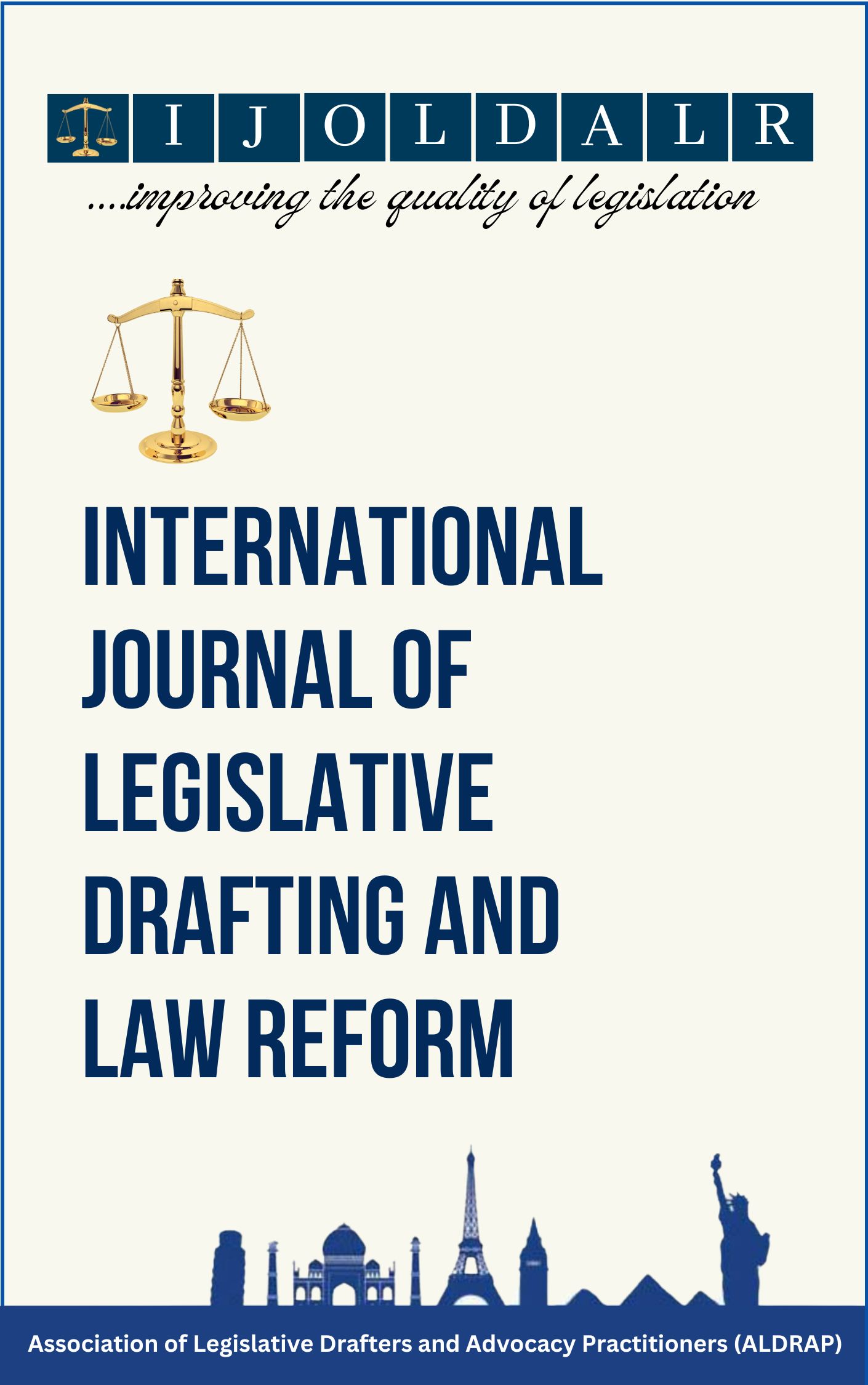Abstract
The basic laws (Codes) used in the Eritrean trial practice were adapted in 1991 from similar, previous EthiopianCodes. Since 1997,the Eritrean government has been engagedin a law reform process to update the adapted Codes. The new drafts, printed in May 2015, maintain most of the elements of the 1991 amended Codes; hence, the extant trial practice may continue basically unchanged in the future.
Eritrea has basicallyinherited the Ethiopianlegal system – a civil law traditionwith a predominantly adversarial trial system – which does not have a comprehensive evidence law. Draft Evidence Rules were prepared in the 1960s, but were not enacted and the void intended to be filled by those rules has not yet been filled. This article first responds to these justifications and argues that a separate evidence law will contribute to a uniform and predictable legal system and fits into indigenous Eritrean legal practices. The author finally narrates how he prepared the Draft Evidence Code of Eritrea.



 National Library of Nigeria
National Library of Nigeria.jpg) Association of Nigerian Authors
Association of Nigerian Authors Nigerian Library Association
Nigerian Library Association EagleScan
EagleScan Crossref
Crossref